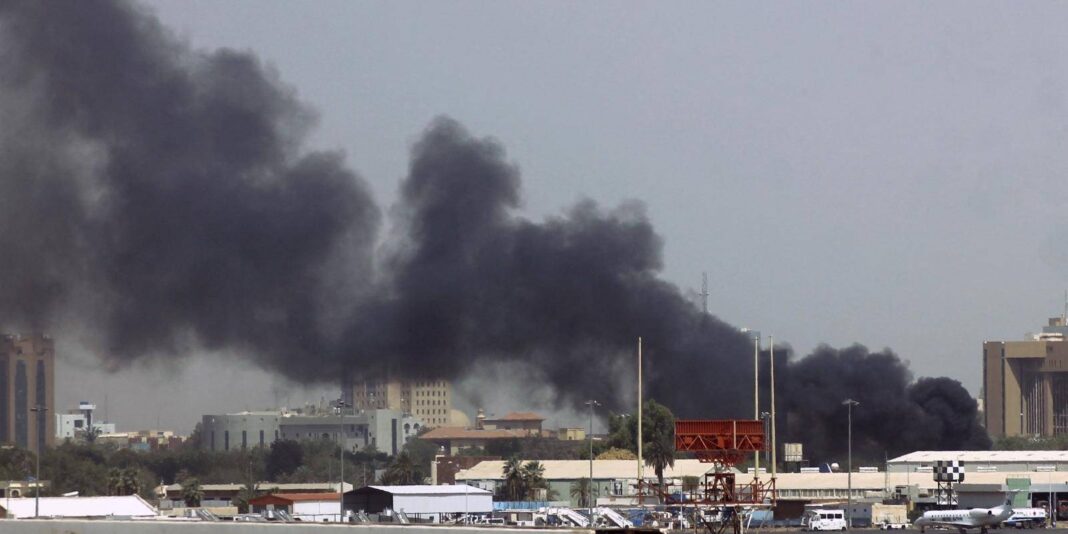The UN Security Council has voted to extend the mandate of the UN Mission in South Sudan (UNMISS) for another year, in response to growing concerns over the country’s escalating instability.
The resolution, which was introduced by the United States and supported by 11 other council members, extends UNMISS’ mandate until April 30, 2026.
This decision follows a brief nine-day “technical rollover” approved by the Council on April 30 to allow additional time for negotiations.
The new resolution grants the peacekeeping mission the authority to “use all necessary means” to carry out its mandate, which includes protecting civilians, supporting the delivery of humanitarian aid, assisting with the implementation of the 2018 peace agreement, and investigating violations of international law.
However, three countries—China, Pakistan, and Russia—abstained from the vote.
The extension comes at a time of increasing political and security challenges in South Sudan, with tensions surrounding the fragile 2018 Revitalised Peace Agreement between President Salva Kiir and former First Vice President Riek Machar.
Nicholas Haysom, the head of UNMISS, warned in April that the peace deal was under threat, with the political standoff and the recent arrest of Machar escalating into military confrontations. The situation is further exacerbated by the spread of misinformation and hate speech, inflaming ethnic divisions and instability.
“This situation is eerily reminiscent of the conflicts in 2013 and 2016, which resulted in more than 400,000 deaths,” Haysom stated.
The resolution maintains the mission’s force levels at 17,000 troops and 2,101 police officers, including 88 justice and corrections advisors.
The Security Council also expressed its willingness to consider adjustments to the mission’s force levels and capacity building depending on the evolving situation.
The resolution voiced “deep concern” over delays in implementing the 2018 peace agreement and urged South Sudan’s leaders to prioritize political will and mutual trust.
It called for open, constructive dialogue and emphasized that the responsibility for organizing and funding free and fair elections lies with South Sudan’s authorities.
The Council also condemned the use of sexual violence, the recruitment of child soldiers, and interference with humanitarian operations.
UNMISS was originally established in 2011, following South Sudan’s independence from Sudan, to help maintain peace and stability in a nation grappling with internal conflict and humanitarian challenges.
Before the resolution was passed, U.S. Acting Representative Dorothy Shea urged the international community to work towards bringing South Sudan “back from the brink.” She added, “The ultimate goal of UNMISS should be to make itself unnecessary by facilitating lasting peace. The day when peacekeeping operations are no longer needed in South Sudan will be a significant day.”
Pakistan, while abstaining from the vote, expressed concern that the mission’s efforts were being complicated by politicized mandates rather than strategies tailored to the situation on the ground.
Nevertheless, Pakistan’s Deputy Permanent Representative, Muhammad Jadoon, acknowledged that UNMISS remains a stabilizing force in South Sudan, commending the dedication of its peacekeepers.


